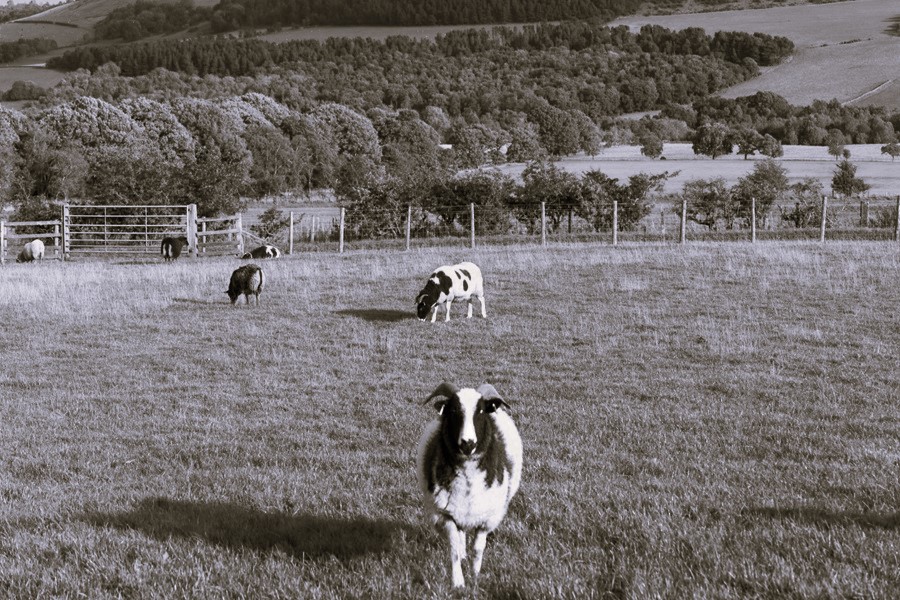Ask anyone what a farmer does, and the answer is usually quite simple; we grow food. Filling people’s plates three times a day (or more) is what farmers are famous for. However, as the world faces the looming triple threat of the climate, biodiversity and health crises, there is a growing realisation that land is important for providing more than just calories.
Farmers are responsible for managing 70% of the UK’s land. We have the potential to manage that land in a way that enhances biodiversity, absorbs carbon, reduces air and water pollution, generates renewable energy, mitigates the impacts of a changing climate, creates beautiful spaces for people to enjoy and sustainably produces nutritious food. The rural sector can deliver nature-based solutions to fix many of the problems the world is currently facing. That’s why I love it and why it is the most exciting and hopeful area to be working in today.
I have been lucky enough to grow up on a diversified family-run farming business in the southeast of England. Since my teens I have spent winters helping calf cows and summers picking hops for beer. I studied geography at university, and career advisors encouraged me to think about law or consultancy, definitely not farming. However, this was 2017 and I happened to write my dissertation on the impact of Brexit on UK farmers and then, after a stint of farming in Australia, landed in a job in rural policy research. It was a lucky case of right job, right time, as natural capital markets were starting to emerge, and I was flung straight into trying to work out what this meant for the rural sector. I now work for one of the UK’s pioneering rewilding experiments, Knepp Estate in Sussex, whilst also working part time for our family farming business. I spend most of my time thinking about nature-based solutions and how food production and ecological restoration can, does, and must unite.
Of course, land, the earth, mother nature, has been providing us with nature-based solutions for time immemorial, so why are we only just getting to grips with their importance? It’s because the western capitalist system that we find ourselves in hasn’t historically been great at valuing nature and the ecosystem services we rely upon. Nature has been seen as an endless treasure chest from which society can loot, and it is only now that we are on the brink of environmental crises that we realise just how much we need it.
So, new policy and natural capital markets are starting to create the business case for restoring habitats, wildlife, watercourses and soils. This is incentivising farmers to increase and invest in the environmental resilience of their enterprises and the wider landscape. The business of land management is no longer just about tonnes of wheat or litres of milk, it’s also about numbers of birds, health of bees, tonnes of carbon, litres of clean water, kilometres of footpath, the list goes on.
And that’s why it’s so exciting. There are so many opportunities to deliver value in all its forms across the rural landscape. However, it’s not going to be easy. We are dealing with some of the most complex problems and pressures we’ve ever had to face. To create effective solutions, we need new ideas and new skills. We need data and technology more than ever. Restoring ecosystems requires maps, models, measurements, and monitoring. All of which can be sped up and scaled using new skills and tech. We also need a greater diversity of thinkers. I hope that the farming jobs of 2034 will include professional drone flyers, digital twin creators, soil data scientists, ecosystem service brokers, environmental credit raters, nutritional analysts, vertical growers and AI engineers to name a few.
Farming may be society’s oldest profession, but right now it is more relevant than ever before. How we use the land we live on is our greatest threat and our greatest opportunity. Being a farmer involves not only creating calories, we are also stewards of landscapes, facilitators of communities and custodians of ecosystems. I’m not sure whether the beautifully simple word of farmer is big enough to incorporate all of this. That is why I like to introduce myself as an eco-anxious farming feminist, ready to get stuck into it all.




